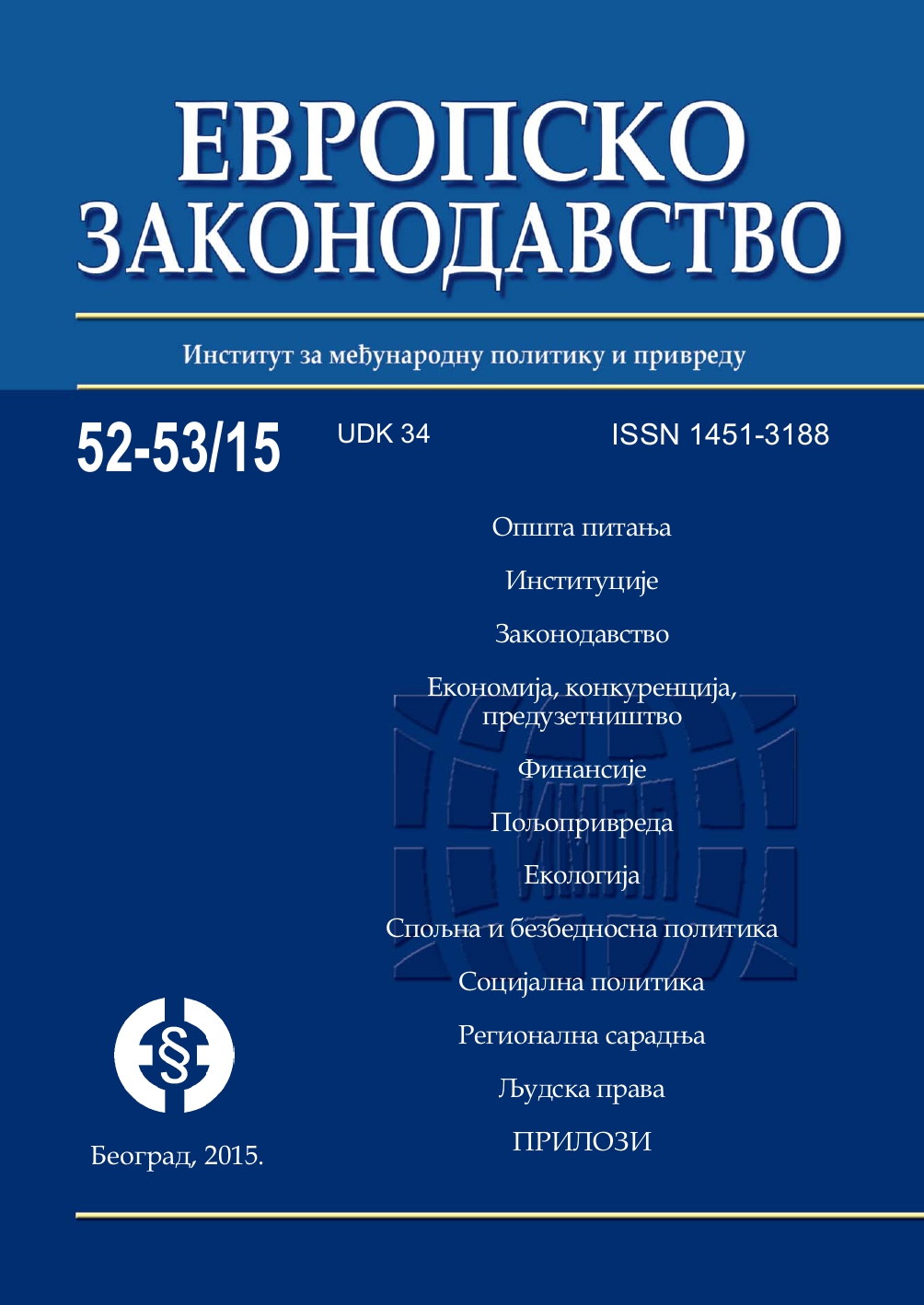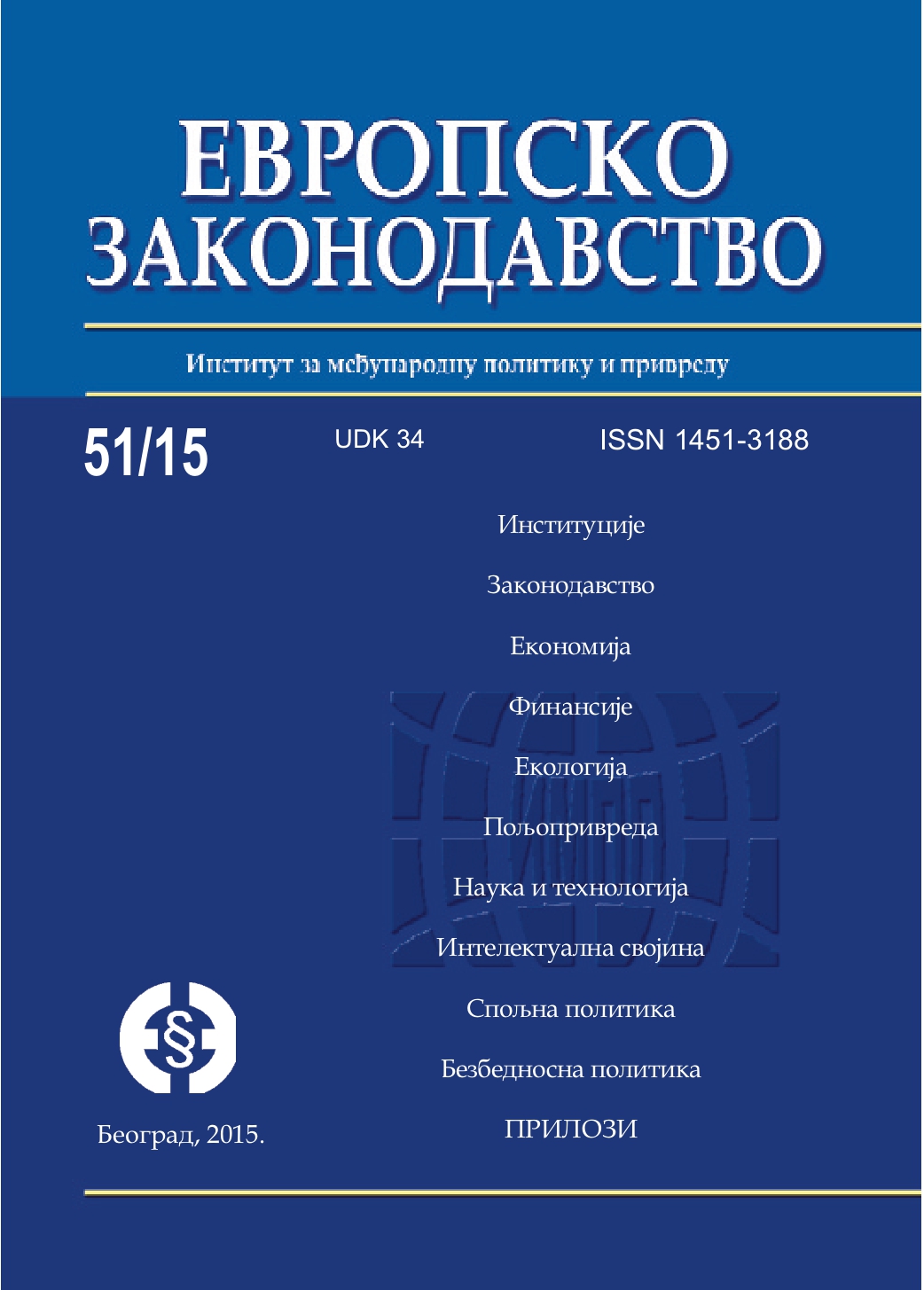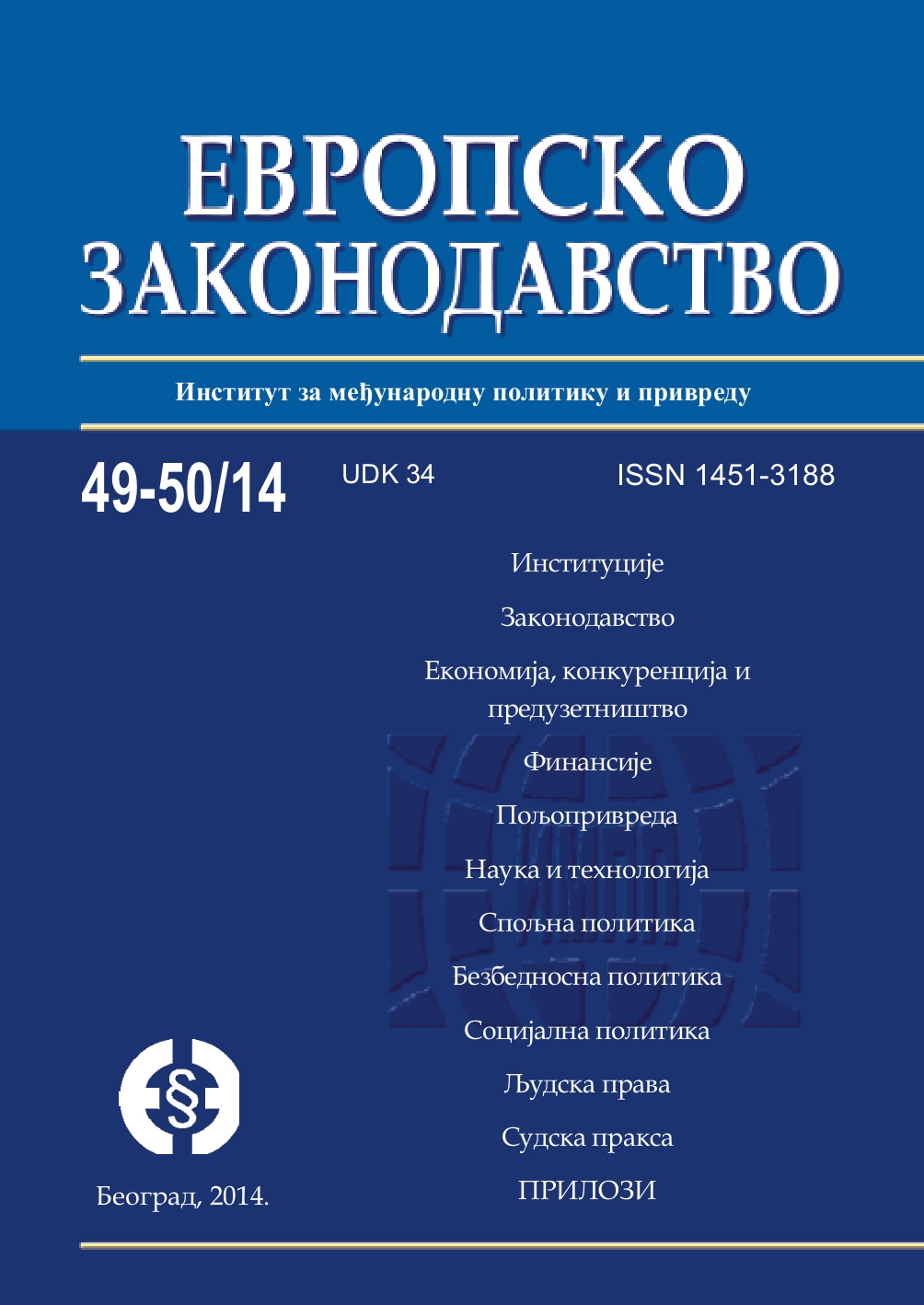
Директива 2014/49/ЕУ о системима осигурања депозита
In 1994 the Directive on deposit insurance was introduced into the EU legal system as one of the steps for completion of the internal market. Creating safe and sound financial market and obtaining the confidence of depositors became main goal of this document. However, being minimal harmonization directive, this act diverged from its original purpose and contributed to regulatory competition and the creation of unbalanced deposit protection schemes around the EU. Recently it has become clear that there was no an adequate mechanism for protection of depositors at the EU level. The Financial crisis in 2008 only reaffirmed that belief. Previous analysis showed that inadequate functioning and financing of deposit insurance schemes were two main problems. Having in mind the need of depositors for secure and timely payment of their deposits, on the one hand, and the need for complete information on their rights, on the other hand, the Directive underwent certain changes to ensure achievement of these goals. The Directive introduces the obligation of ex ante financing of the scheme, with a possibility of additional financing in case of insufficient funds. Also, one of the main factors in calculating the amount of contribution shall be the risk factor in the banking industry. The Directive retained minimum coverage of € 100,000 applying to all aggregated accounts of one depositor at the same bank. The Directive provides that the amount of time necessary to obtain financial means from scheme gradually reduces from 20 (currently) to 7 working days (by January 2024). In order to ensure that depositors are aware of their rights, they must sign an information sheet which contains all the relevant information about deposit protection. Bank is also required to circulate an updated standardized information sheet to their customers at least once a year. Serbia introduced deposit guarantee scheme a decade ago. Having in mind that Serbian legislators implement the newest EU legislation, the law on deposit insurance changed accordingly in 2015. Analysing norms of the current legislation, we conclude that new law has several points in which is still not (completely) harmonized with the solutions of the new Directive.
More...

